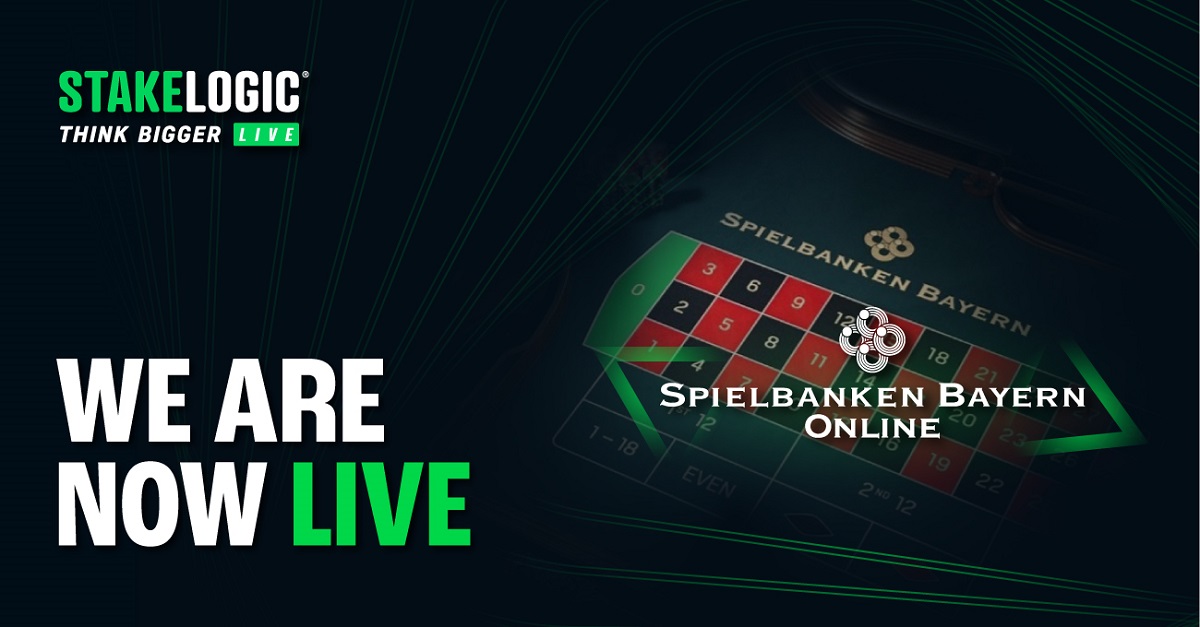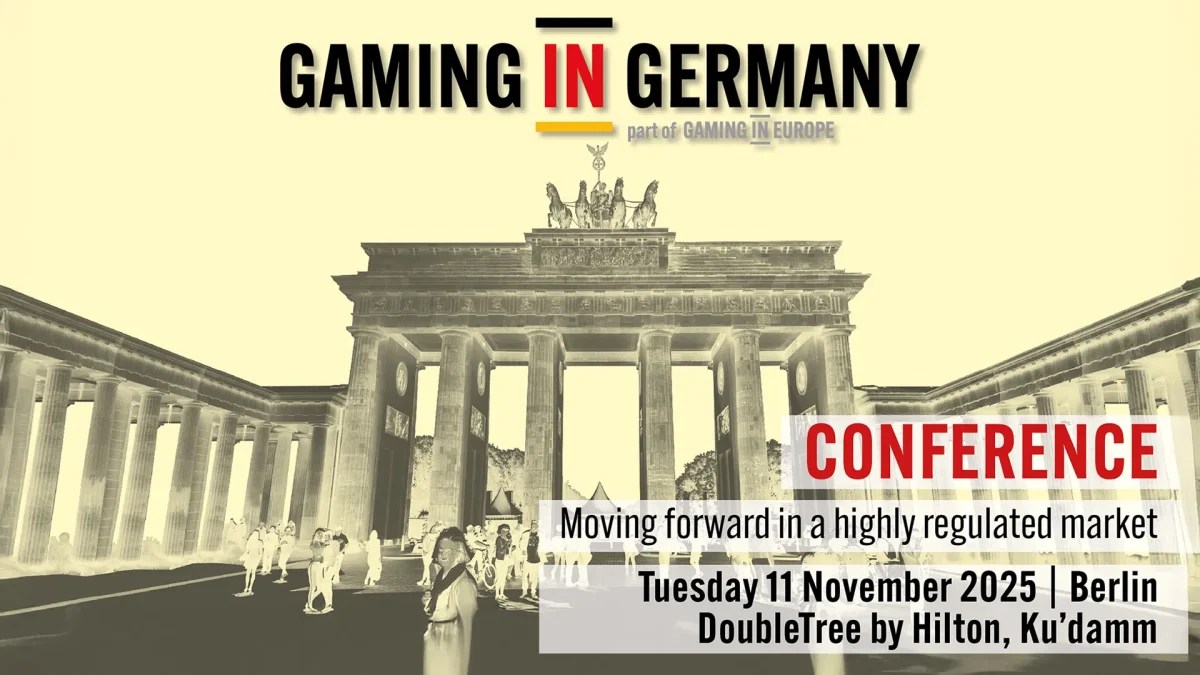

Central Europe
BIG Clan partners with Streamcoi to monetise and grow its live streaming business
Berlin International Gaming, based in Germany, is one of the leading esports teams in the world. In addition to their successes in esports, they nurture streamers. Their network consists of 25 streamers – both professional players who stream during breaks from official matches, and content creators focused on live streaming. Sponsorship livestreaming campaigns are an integral part of BIG’s partnerships. Especially in times without offline events, streams are a crucial place where their fans gather and the organisation can fulfil sponsorship commitments.
To automate streamer management and monetise live streaming more effectively, BIG has entered into a partnership with Streamcoi, streamer management platform. Using one dashboard, the platform facilitates the display of innovative animated campaigns and messages on the screen on multiple streams simultaneously. It also measures accurate statistics for individual streamers as well as the whole network to use the full potential of a livestreaming network. One of the aims of the partnership is also to alleviate the workload of professional players. With Streamcoi, after a quick one-time setup, the streamer does not have to do anything – everything is taken care of by the managers.
“Live streaming is an increasingly important part of our brand and advertising strategy. We see the high value for our partners and BIG as a brand. It is therefore only logical that we expand our streaming activities even more in the future. Streamcoi enables us to track all channels and effectively manage campaigns. The broadcasting of effective advertising concepts, e.g., via interactive animations, is greatly facilitated. This allows us to create reports much faster and more transparently and optimize the results with our streamers and
partners. Streamcoi has become an integral part of our daily work routine.” – Daniel Finkler, CEO at BIG
“Working with BIG is a true partnership where we not only create a product for them but together with them. Through feedback and the implementation of BIG’s innovative campaigns, Streamcoi can change the face of live streaming in many organisations around the world. With a strong relationship with esports, we create campaigns that are appreciated by viewers, partners and most importantly streamers. – Jakub Janaszek, Brand Manager at Streamcoi
How BIG automated 7 sponsor campaigns across 25 streams
Although Streamcoi is currently used by dozens of teams, agencies and tournament organisers, BIG was one of the first users on the platform. Over the past year, they have promoted their merchandise and executed campaigns for SkinBaron, Backforce, OMEN, Betway, Volvic, FaceIT while collecting accurate reports for each partner and generating hundreds of thousands of impressions and clicks for each. One example of innovative partner placement while bringing value to fans is the ongoing campaign for language learning platform Babbel. A moving animation interacts with the audience by asking them questions, while at the same time fans can receive discount codes in a chat message.
Central Europe
Spielbanken Bayern and Stakelogic Launch brand new Live-Casino Offering

Pioneering the next chapter of regulated iGaming in Germany, Spielbanken Bayern and leading live-casino specialist Stakelogic have gone live with brand-new online live casino solutions.
On 28 May 2025, spielbanken-bayern-online.de rolled out a set of Automatic Roulettes. The launch marks the inaugural step in a phased roadmap that will soon see more Roulette and Blackjack.
Bavaria became Germany’s first state to introduce online live-casino games in April 2024. Since beginning 2025, Spielbanken Bayern has worked hand-in-hand with the Bavarian regulator and Stakelogic to craft a best-in-class solution that combines strict compliance with an engaging, secure, and reputable gaming offering.
Stephan van den Oetelaar, CEO at Stakelogic, added: “It is both an honour and a privilege to develop further with Spielbanken Bayern on Germany’s first legal online casino. The timeline was ambitious, but our combined teams delivered. In the coming months, we will continue to optimise and enrich the portfolio with additional premium content.”
This landmark collaboration cements Spielbanken Bayern’s position as Germany’s online live-casino trail-blazer while underscoring Stakelogic’s reputation for marrying regulatory rigour with next-generation player experiences.
The post Spielbanken Bayern and Stakelogic Launch brand new Live-Casino Offering appeared first on European Gaming Industry News.
Central Europe
Change of Chairmanship in the GGL Board of Directors as of 1 July 2025

On the occasion of the four-year anniversary of the Joint Gambling Authority of the Federal States (GGL) on 1 July 2025, Sandro Kirchner, State Secretary in the Bavarian State Ministry of the Interior, for Sport and Integration, has taken over the chairmanship of the GGL Administrative Board, succeeding Reiner Moser, Head of Office in the Ministry of the Interior, for Digitalisation and Municipalities for Baden-Württemberg.
During Reiner Moser’s term as Chairman of the Board of Directors, the GGL further established itself as a reliable institution for the supervision and monitoring of the online gambling market.
“The online gambling market has developed rapidly in recent years. The GGL has met the resulting challenges with great commitment and can already demonstrate remarkable results both in combating illegal gambling and in regulating and supervising the legal market. The exchange between the states and the GGL is always trusting and results-oriented. I would like to sincerely thank the Board of Directors and all GGL employees for this constructive cooperation over the past year,” said Head of Department Moser.
State Secretary Kirchner takes over the chairmanship at a time when the GGL is pursuing ambitious goals, including stronger international networking, particularly to further curb the illegal gambling market.
“The consistent prosecution of illegal offerings and player protection are my highest priorities. The work of the GGL must continue to be significantly geared towards ensuring that the business model of illegal gambling is not profitable in Germany,” said Sandro Kirchner.
With regard to his role as Chairman of the Board of Directors, he added: “I look forward to continuing the successful work of everyone involved over the past four years. We will certainly continue to face many challenges. However, I believe the GGL is well positioned to achieve this.”
The Board of Directors is the supervisory and steering body of the GGL. It consists of the heads of departments or state secretaries of the ministries responsible for gaming supervision in the 16 member states. The chair of the Board of Directors rotates annually on July 1st in alphabetical order of the member states.
The post Change of Chairmanship in the GGL Board of Directors as of 1 July 2025 appeared first on European Gaming Industry News.
Central Europe
Gaming in Germany Conference returns to Berlin November 11, 2025

Gaming in Europe is pleased to announce that the 2025 Gaming in Germany Conference will take place on November 11, 2025, in Berlin.
The Gaming in Germany Conference is an annual event for everyone who is professionally involved in Germany’s regulated online gambling industry. The conference will cover topics such as regulatory developments, (black) market growth, player protection, marketing, compliance, and much more.
Confirmed speakers
Although the 2025 Gaming in Germany Conference is still some time away, we have already confirmed the following speakers:
- Dr. Jörg Hofmann, Senior Partner, Melchers Law
- Senior GGL representative
- Mathias Dahms, President, DSWV
- Dr. Dirk Quermann, President, DOCV
- Christian Heins, Director iGaming, Tipico
- Josh Hodgson, COO, H2 Gambling Capital
Don’t miss it. Save the date!
Willem van Oort, founder of Gaming in Germany said: “We are very happy that we have received commitments from major stakeholders in Germany’s regulated gambling market to speak at our event. As always, we aim to connect the industry with regulatory and social stakeholders, and vice versa. This year, major topics of discussion will be the true size of Germany’s regulated market, the increasing popularity of the black market, as well as the upcoming evaluation of the 2021 State Gambling Treaty. I am certain there will be plenty to discuss.”
Call for speakers
If you would like to share your insights, success story, innovation, or cautionary tale, please consider applying for a speaker slot at the 2025 Gaming in Germany Conference by sending an email to [email protected].
Your voice matters, and we can’t wait to hear from you!
The post Gaming in Germany Conference returns to Berlin November 11, 2025 appeared first on European Gaming Industry News.
-

 gaming3 years ago
gaming3 years agoODIN by 4Players: Immersive, state-of-the-art in-game audio launches into the next generation of gaming
-
EEG iGaming Directory8 years ago
iSoftBet continues to grow with new release Forest Mania
-
News7 years ago
Softbroke collaborates with Asia Live Tech for the expansion of the service line in the igaming market
-
News6 years ago
Super Bowl LIII: NFL Fans Can Bet on the #1 Sportsbook Review Site Betting-Super-Bowl.com, Providing Free Unbiased and Trusted News, Picks and Predictions
-
iGaming Industry8 years ago
Rick Meitzler appointed to the Indian Gaming Magazine Advisory Board for 2018
-
News6 years ago
REVEALED: Top eSports players set to earn $3.2 million in 2019
-
iGaming Industry8 years ago
French Senator raises Loot Boxes to France’s Gambling Regulator
-
News7 years ago
Exclusive Interview with Miklos Handa (Founder of the email marketing solutions, “MailMike.net”), speaker at Vienna International Gaming Expo 2018











